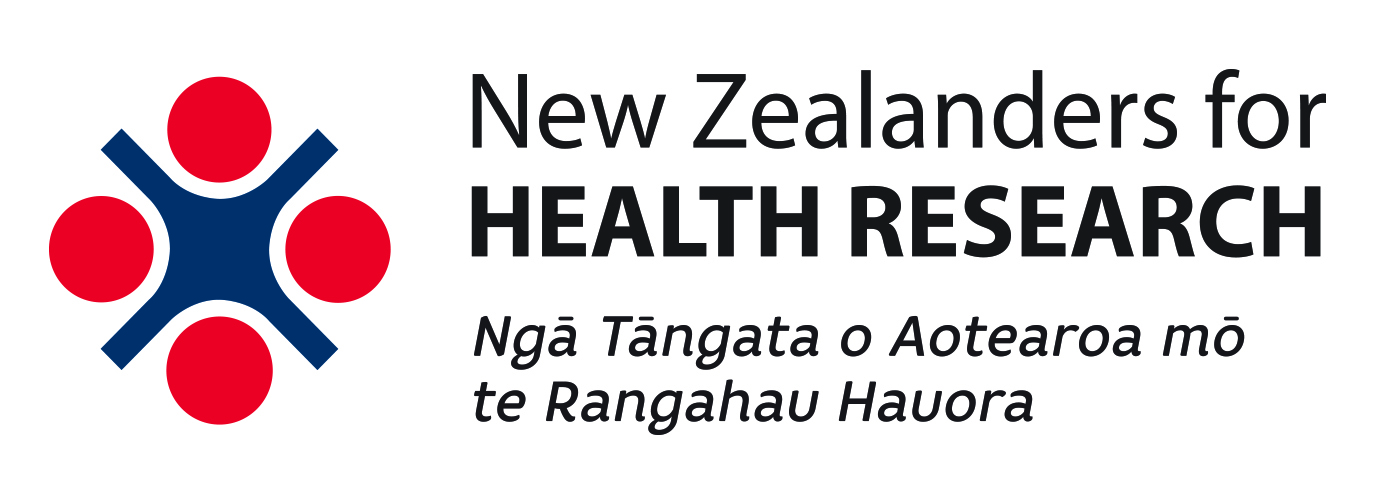News & Opinion
The CEO of Roche Pharmaceuticals, Daniel O’Day, talks the future of biotech and how Big Data is saving lives. It could be argued that no-one knows the importance of innovation more than the team working at Roche Pharmaceuticals. As a company that is at the forefront of fighting cancer and other diseases, its innovations in…
Read MoreA graphic advertisement which shows how alcohol is absorbed into the bloodstream, increasing the risk of cancerous cell mutations in the liver, bowel and throat, has been found to be the most effective alcohol education advertisement internationally, according to a new study. The study, published in British Medical Journal Open, tested 83 alcohol education advertisements…
Read MoreA drug created from a malaria protein stopped tumour growth of chemotherapy-resistant bladder cancer, offering hope for cancer patients not responding to standard treatments. “This is the first study where we put the concept of using malaria proteins for cancer therapy into a direct clinical context,” said Mads Daugaard, an assistant professor of urologic science…
Read MoreNew Zealand has joined an alliance of the world’s biggest public research funding agencies to provide new research opportunities that target chronic diseases, starting with mental health. The Health Research Council of New Zealand (HRC) has joined the Global Alliance for Chronic Diseases (GACD), with the support of the Ministry of Business, Innovation & Employment.…
Read MoreMore than $8 million is being injected into Australian research for treatments and a potential cure for motor neurone disease. AFL legend Neale Daniher is hopeful an $8 million funding boost for motor neurone disease research will lead to a potential cure for the disease he’s been battling for almost five years. Read more
Read MoreThe Australian government has set out a plan to use science to engage and enrich Australian society. Its objectives are to engage all Australians with science, building scientific skills, produce new research and technology, and improve Australians’ lives through research. “The National Science Statement sets out admirable objectives, but also shows how the Commonwealth government…
Read MoreIn an age of “alternative facts”, it may not be feasible to expect people to understand the details of scientific studies, but it is crucial that they respect the importance of evidence-based information underpinning scientific analysis. We are surrounded by science, more than at any other age in human history. Despite this, in the current…
Read MoreThe world saw brain power take a different form at the weekend. From the Washington Monument to Germany’s Brandenburg Gate and even to Greenland, scientists, students and research advocates rallied on an often soggy Earth Day, conveying a global message about scientific freedom without political interference, the need for adequate spending for future breakthroughs and…
Read MoreA world-first scanner – manufactured right here in Victoria – will provide four-dimensional respiratory analysis to better diagnose and treat lung conditions. Visiting Monash University in Clayton today, Minister for Industry and Employment Wade Noonan was given a first look at the new technology which will soon be delivered to medical research hospitals around the…
Read MorePeople with the blood type O could be more susceptible to streptococcal infections than those with other blood types, Australian researchers say. Studies on Group A Streptococcus (GAS) shows that the sugar molecules on type O blood may create a ‘bridge’ for colonisation, say infectious disease scientists at the Illawarra Health and Medical Research Institute.…
Read More
